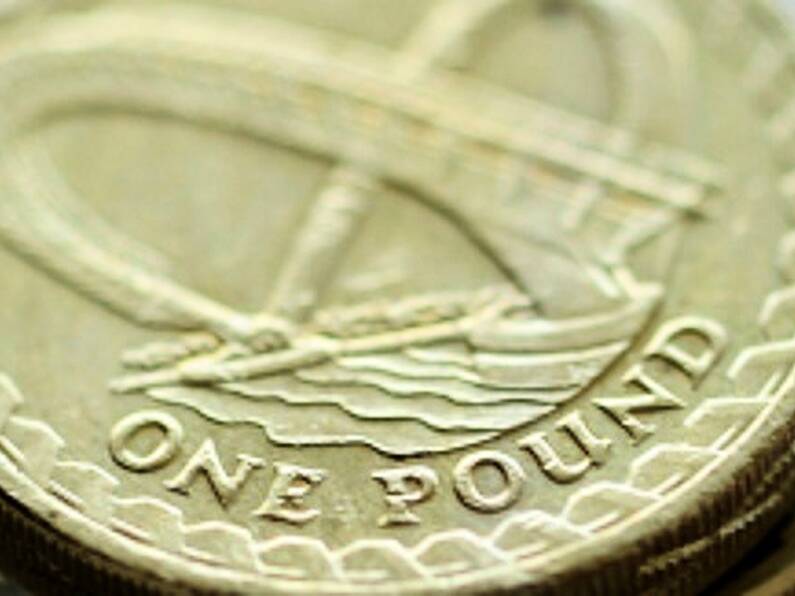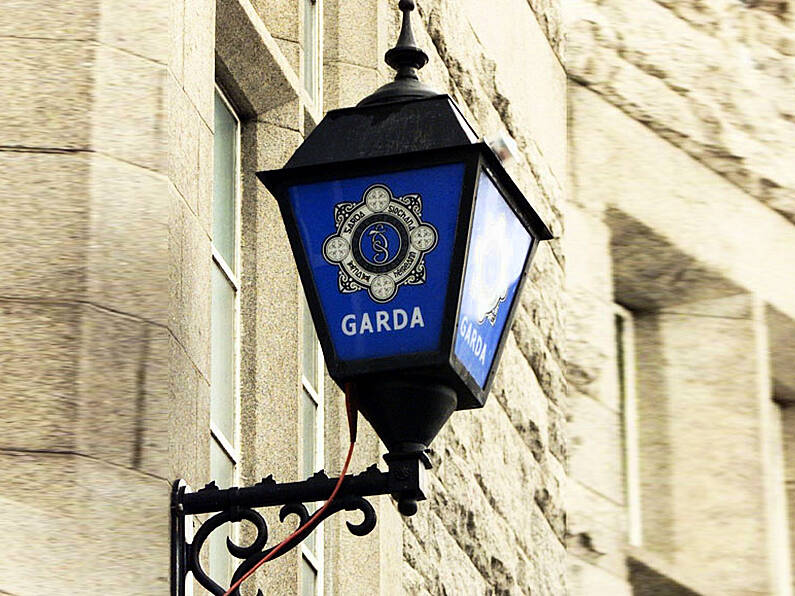By Eamon Quinn
Sterling surged yesterday against the euro and the dollar on a report that UK prime minister Theresa May was readying to offer the EU a compromise over the North’s status after Brexit, but the rally fizzled as traders awaited for new details to emerge.
The huge volatility in the UK currency this week, in particular, has long been predicted as the Conservative Party’s annual conference got underway.
The day started with sterling coming under new pressure on comments from Brexit secretary Dominic Raab. It later surged on a report that May was offering some sort of compromise.
Bloomberg reported that the UK government was preparing to back down on customs checks between the UK and the North, a major obstacle to Brexit that diplomats are trying to overcome before an EU summit in the coming weeks.
The pound jumped 0.7% on the report to $1.3118 before relinquishing most of its gains to trade flat.
Against the euro, it traded up 0.3% at 88.76p. The pound has now come off its August low of 91p.
Philip O’Sullivan, chief economist at Investec Ireland, said sterling traders had witnessed “uncompromising” comments from Raab before digesting the latest mixed message with the report on a promised compromise.
Sterling gave up the gain as strategists said May had already hinted last month at a compromise and that she would put forward a plan on how to avoid a hard border after the UK leaves the EU.
The UK would back down on opposition to some new goods checks and in exchange would expect the EU to allow the whole of the UK including the North to stay in the bloc’s customs regime, according to a senior British government official.
“We have to wait and see what the ‘new’ proposal is and how different it is from the offer already on the table,” said Valentin Marinov at Credit Agricole CIB.
“Needless to say, it also remains to be seen whether the EU would actually accept the new offer and/ or whether the hard-Brexiteers take additional steps to destabilise May even further,” he said.
“The potential offering is tantamount to Northern Ireland remaining within the EU customs agreement, thus pushing the hard border to the Irish sea rather than overland,” said Joshua Mahony at broker IG.
Additional reporting by Bloomberg and Reuters






